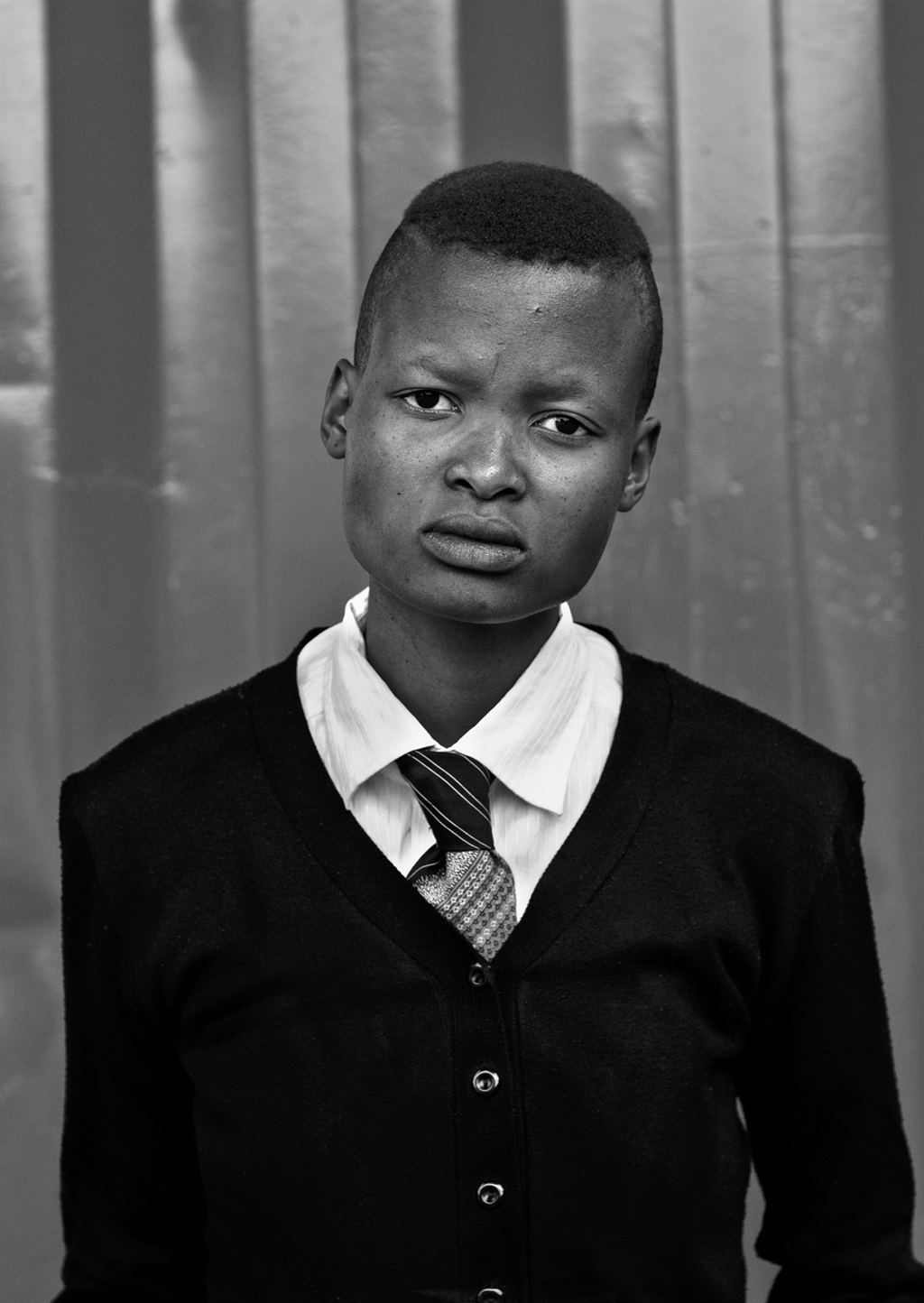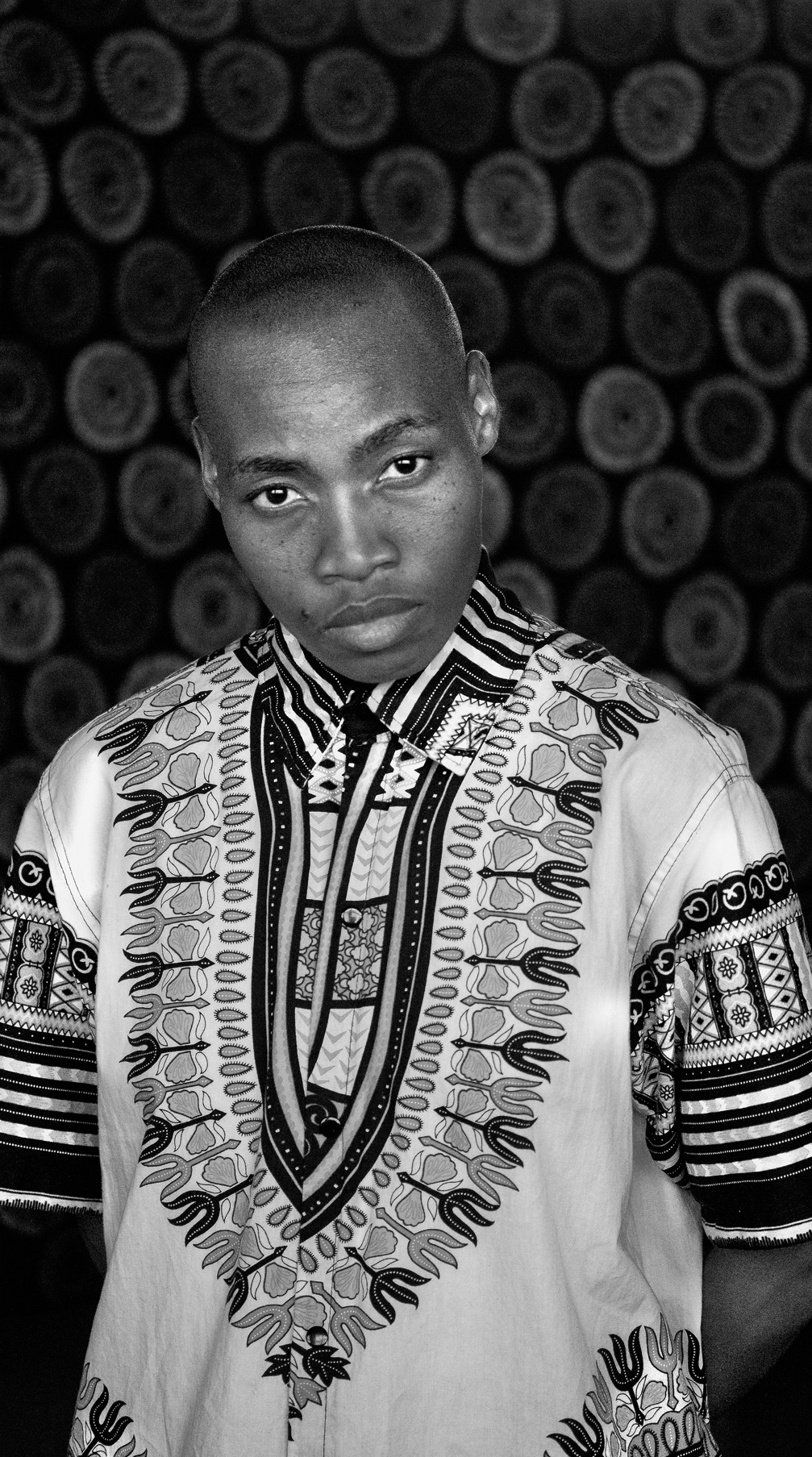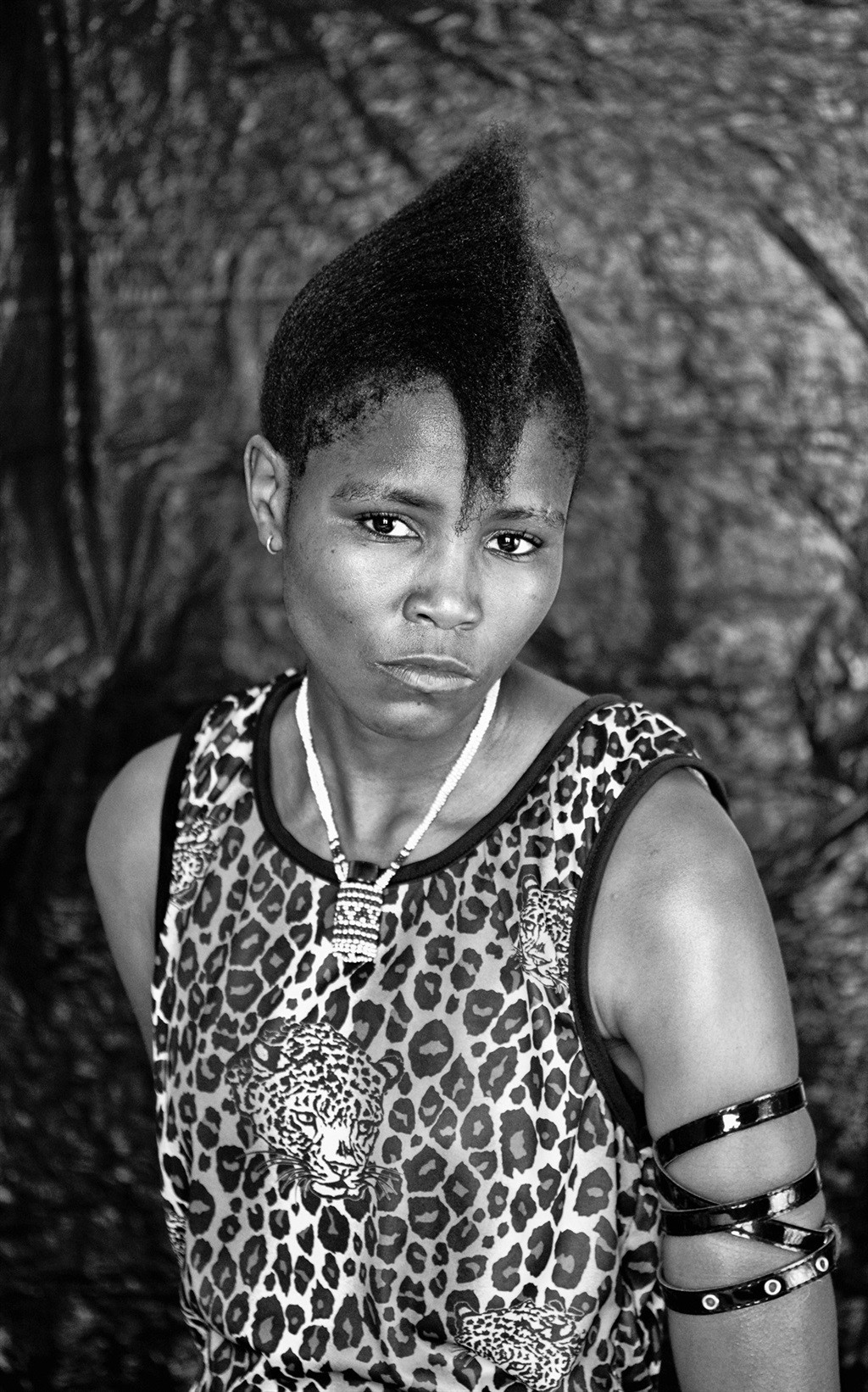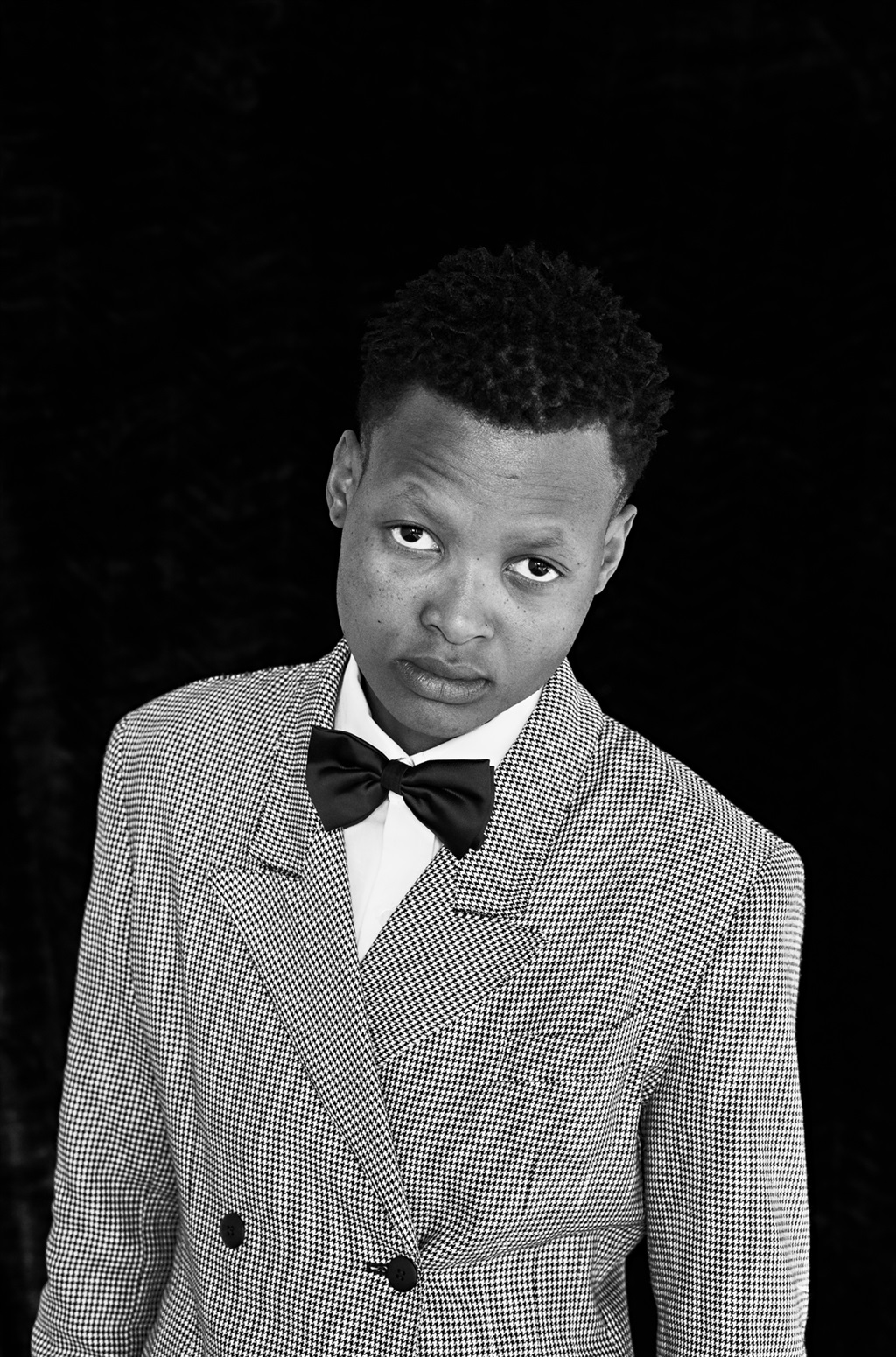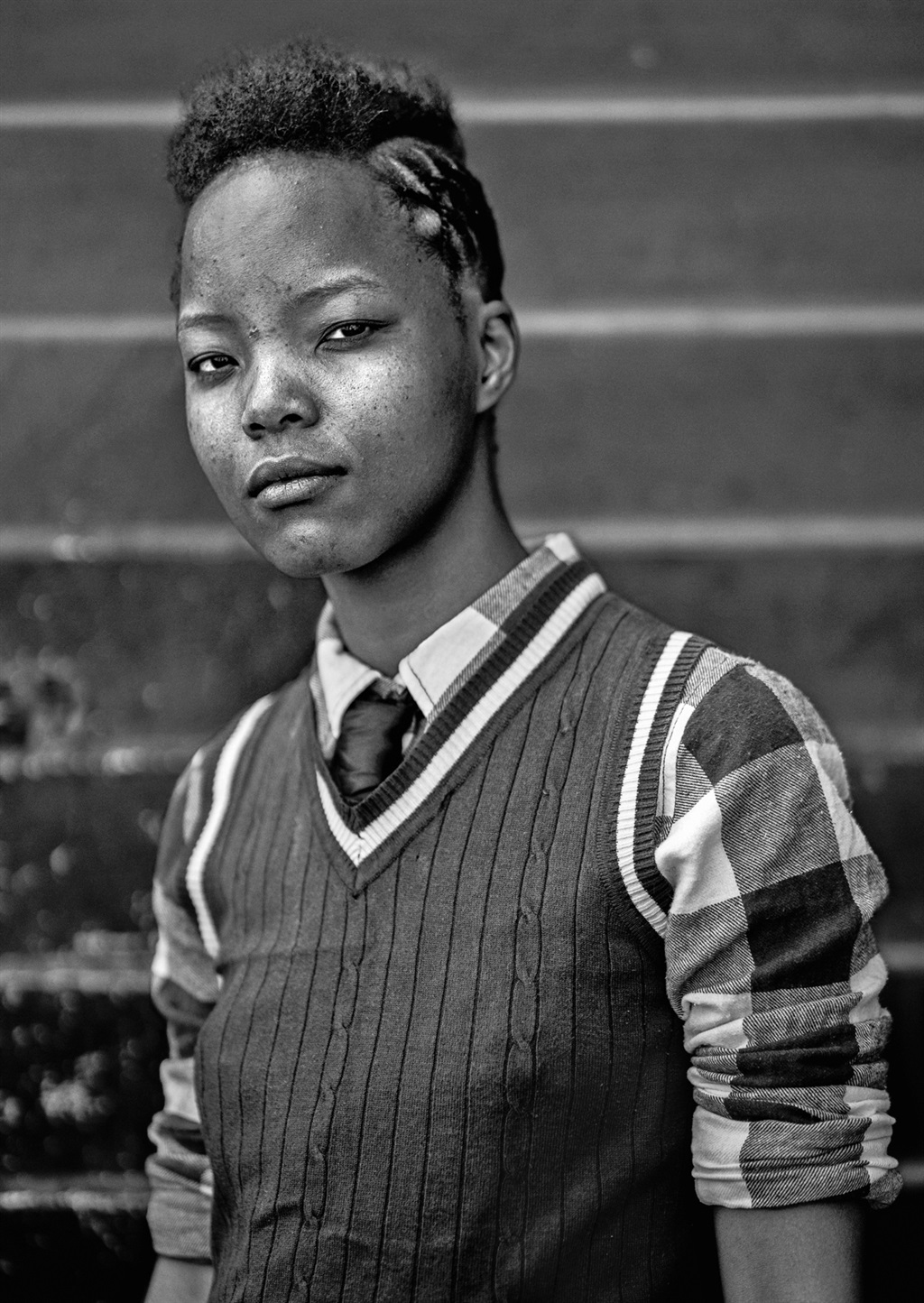
Faces and Phases 10
Stevenson Johannesburg
On until October 14
4/5
Ten years ago, in 2006, a little-known photographer from Umlazi picked up her camera and began a project, Being, that would, years later, lead to a confrontation with government over an image of two naked women in an embrace.
In the same year she began working on Faces and Phases, a visual archive of the black queer community, which has come to define her practice and philosophy as the now world-renowned South African photographer and visual activist Zanele Muholi.
In 2009, then minister of arts and culture, Lulu Xingwana, called the project immoral and walked out of the Innovative Women exhibition, which was held at Constitution Hill to give a platform to black female artists to celebrate Women’s Day that year.
Such are the tragic ironies and violent hypocracies that exist in South Africa’s so-called progressive constitutional democracy.
“The first person I photographed was Busi Sigasa, whose photograph was taken at the women’s gaol at Constitution Hill,” Muholi writes. “She was my friend and colleague ... a poet, activist and a survivor of the hate crime of ‘corrective rape’.”
Sigasa died in March 2007. She was 25 years old.
It is then with an ambiguity of feeling that one writes of her current exhibition at the Stevenson Gallery, Faces and Phases 10, which “celebrates” 10 years of her living archive of the black queer community. On one hand, one celebrates the bravery of those who chose to stand in front of their communities and the world by choosing to get in front of Muholi’s lens – herself included – and declared to us all that their existence would not be erased.
On the other hand, one is careful not to over-celebrate this achievement, for it came at great personal risk to those who chose to come out in this androcentric world that we’ve perverted with all sorts of inserted, violent masculinities. Sadly, and perhaps even maddeningly, the South Africa and Africa of 2006 were not so different from those today when it comes to homophobia, queerphobia and transphobia – as we see in the media and by accounts of those close friends who are at the receiving end of hate crimes.
The world, dear sir, isn’t straight. And maybe if we start there, it will then crystallise for those who choose to live a kind of Dorian Gray-esque delusion that when they hate and hurt those who are queer, lesbian, gay or trans, they may in fact be acting out as a way of erasing that which lurks behind their own straight masks.
That said, and to get back to Muholi, her Stevenson exhibition is timely for it comes at a time when gender-based violence, rape and sexual assault take on a poignant form in the wake of the #IAmKhwezi silent protest that took place during President Jacob Zuma’s election results speech in August.
One ought to remember that the woman known as Khwezi is queer and Zuma is famous for having said: “When I was growing up, unqingili [homosexuals] could not stand in front of me. I would knock him out.”
Zuma’s rape case was in 2006, the year Muholi began building this unprecedented study, this archive of the black queer community.
I have written elsewhere in #Trending about the images and their meanings. However, this exhibition goes a little further than her initial portraits – it revisits some of the artist’s earlier subjects and, in this way, reflects on their growth (survival, perhaps?) and that of the artist herself.
It is these transformations of both subject and artist that capture the resilience of human life, from bodily appearance in the former and the evolution of technique in the latter.
And, so, it is in the marrying of beauty, resilience and ingenuity that one – at once – appreciates the exhibition as the beauty of humanity on display.




 Publications
Publications
 Partners
Partners




